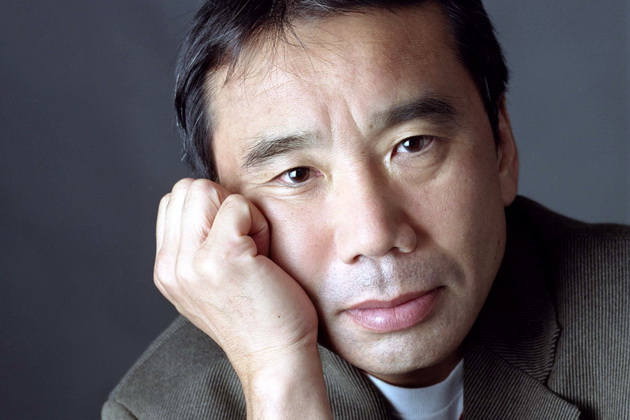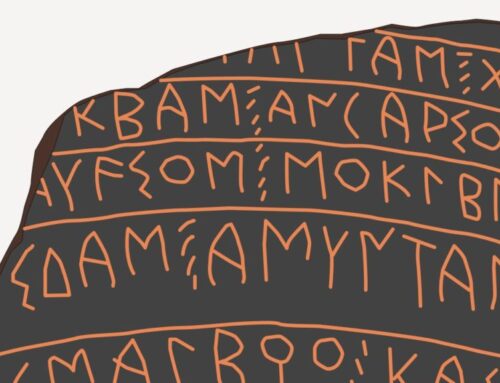Following what has become customary hysteria, and seven-figure sales, at the release of a new Haruki Murakami novel in Japan, his growing English-language fanbase can expect to read the translation of his latest next year, the Ashai Shimbun reports.
 Haruki Murakami @ Photograph: Elena Seibert/AP
Haruki Murakami @ Photograph: Elena Seibert/AP
Shikisai wo Motanai Tazaki Tsukuru to, Kare no Junrei no Toshi (“Colourless Tsukuru Tazaki and His Years of Pilgrimage”) hinges around Tsukuru Tazaki, an isolated 36-year-old man struggling to overcome the trauma of rejection by his high-school friends years earlier. Like its title, the novel’s opening line might not sound like obvious bestseller material: “From July of his sophomore year at college to January next year, Tsukuru Tazaki was living while mostly thinking about dying.” But, like all of his books since the nostalgic love story Norwegian Wood captivated millions of readers in the 1980s, it has been an immediate commercial success.
It was met with a rapturous welcome on release in Japan on 12 April, where fans queued to be the first to read the book, in scenes reminiscent of Harry Potter releases in the UK. It has reportedly sold more than a million copies in Japan since publication.
Murakami has beguiled increasing numbers of English readers with his previous novels including The Wind-up Bird Chronicle, Kafka on the Beach and, most recently, 1Q84 – for which branches of Waterstones held midnight openings on publication day.
Publisher Random House hasn’t yet set a UK publication date, but a spokesman for the Murakami’s US publisher confirmed that the novel would be out in an English language edition next year.
Philip Gabriel, professor of Japanese literature at the University of Arizona, is translating the novel. He told The Asahi Shimbun: “Murakami’s work does appear kind of ‘American’ at first glance. The influence of his reading of American literature, and his love for American pop culture, is clear. But there are ‘Japanese’ aspects as well – especially aspects of Japan’s history and recent social changes, such as echoes in the second world war, Aum Shinrikyo, the Kobe earthquake, (and) the economic decline of the past two decades. In this sense, Murakami is very much a Japanese writer.”
Source: The Guardian





Leave A Comment
You must be logged in to post a comment.